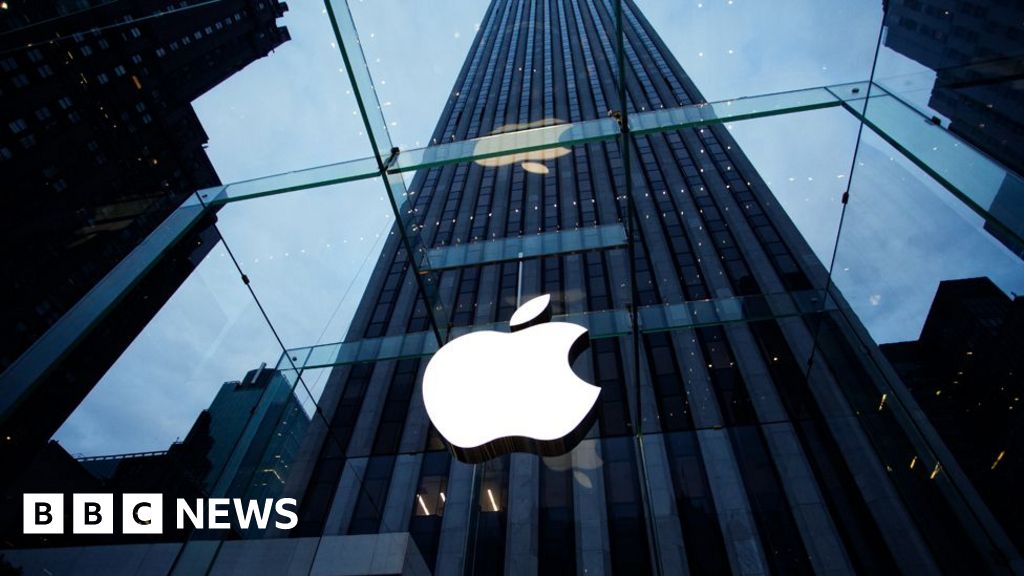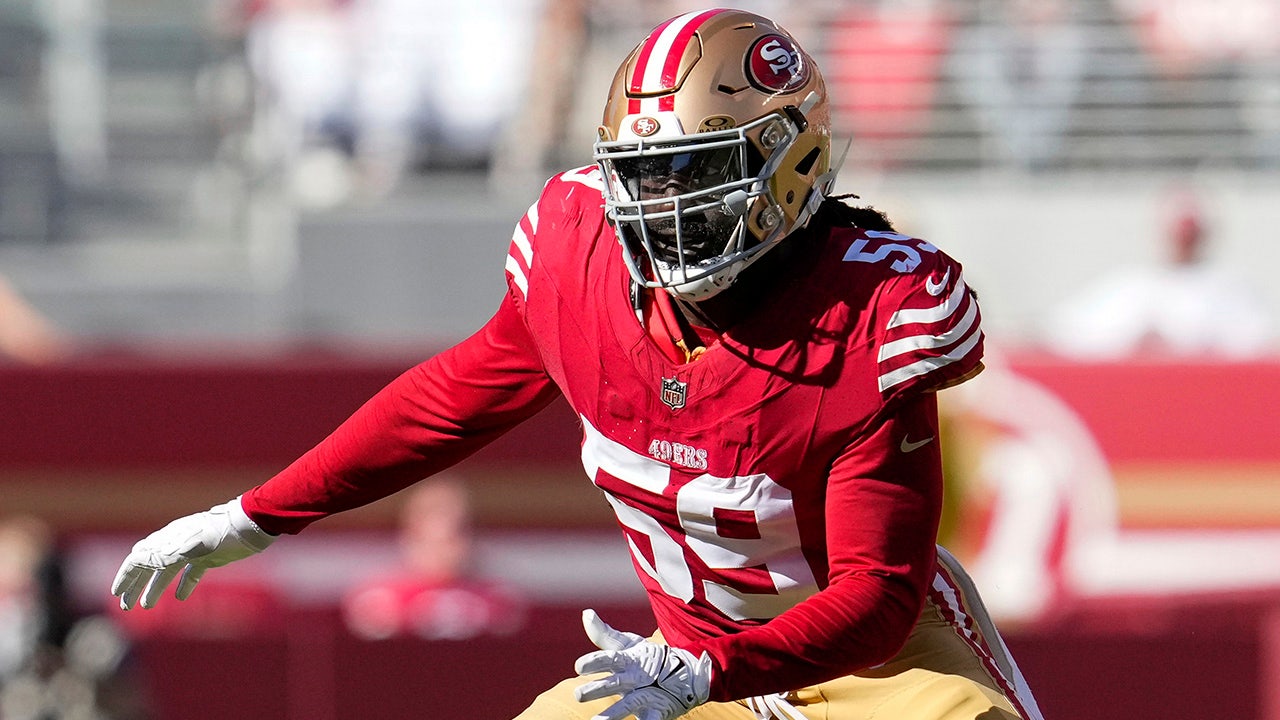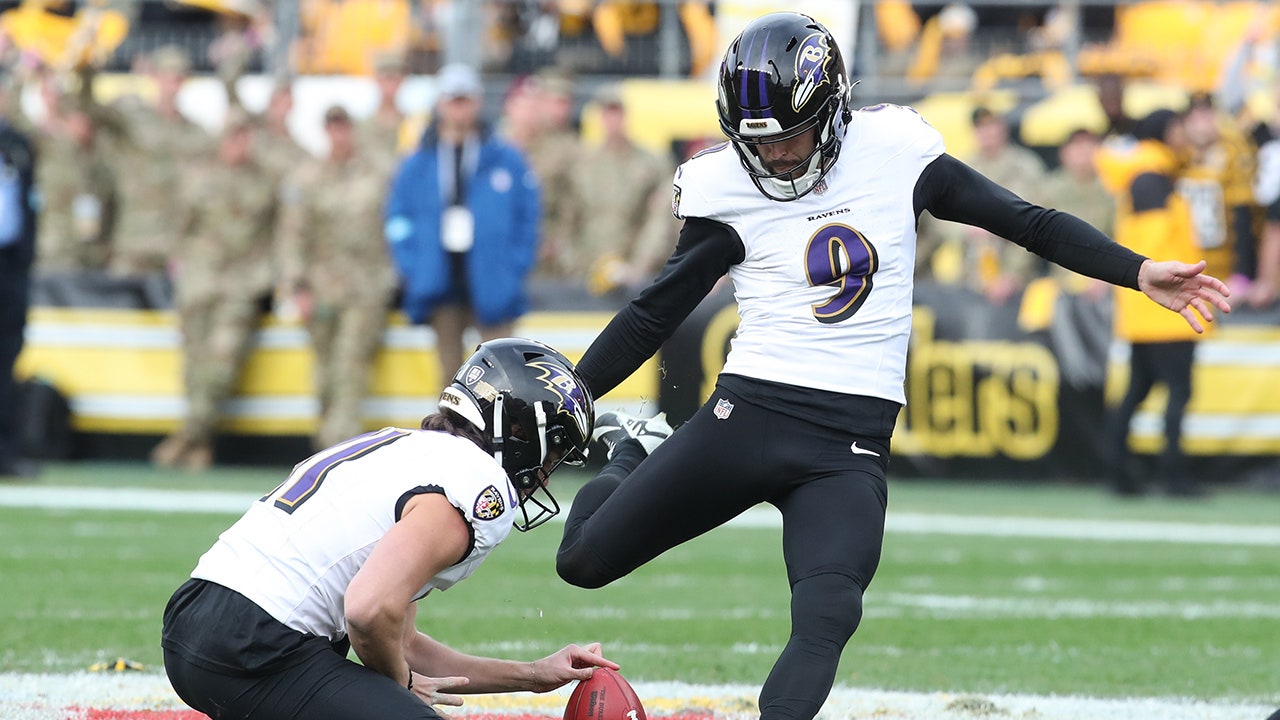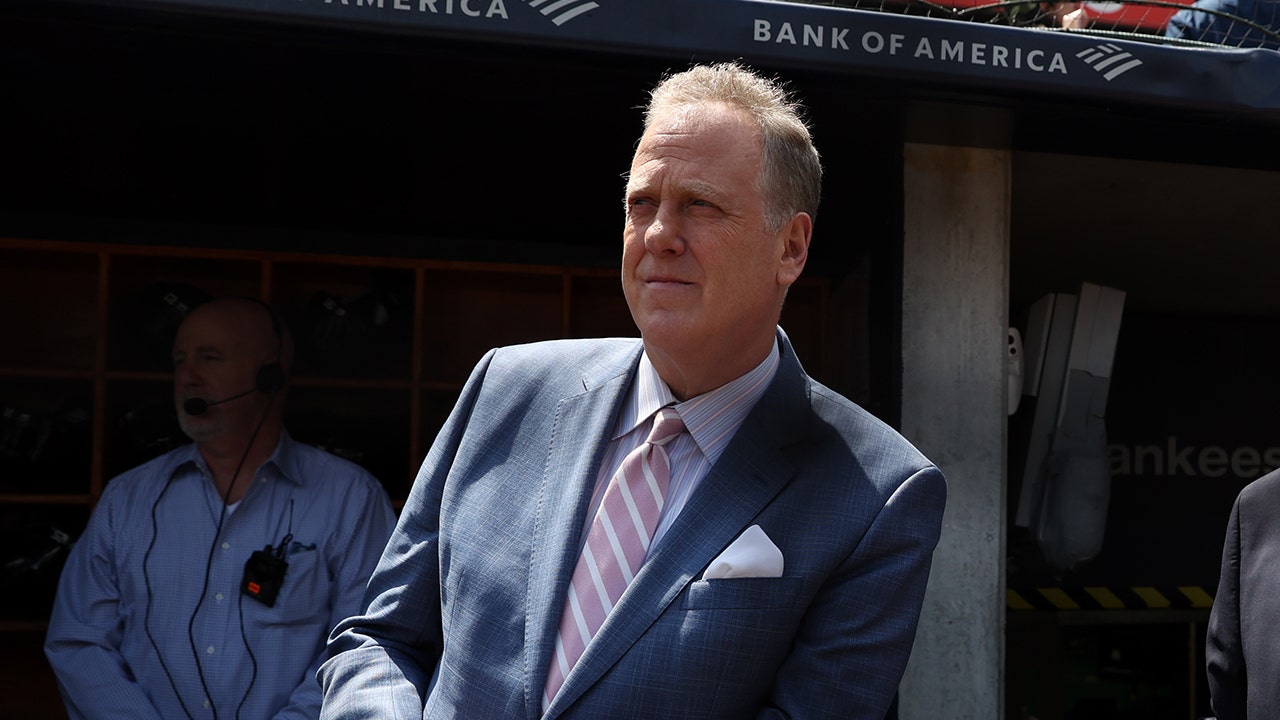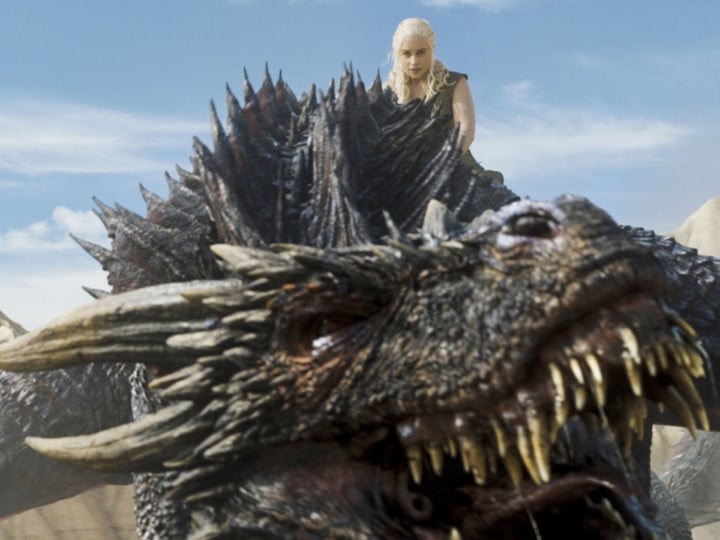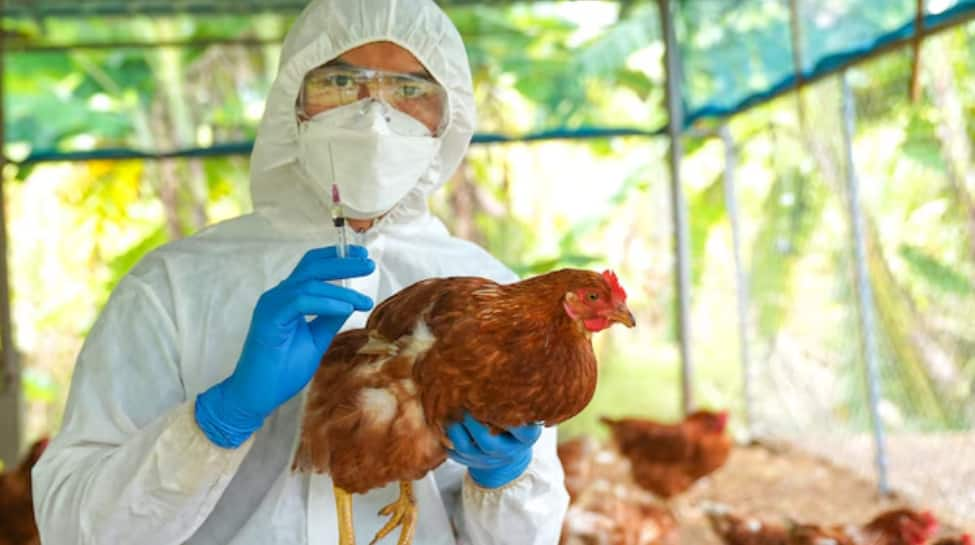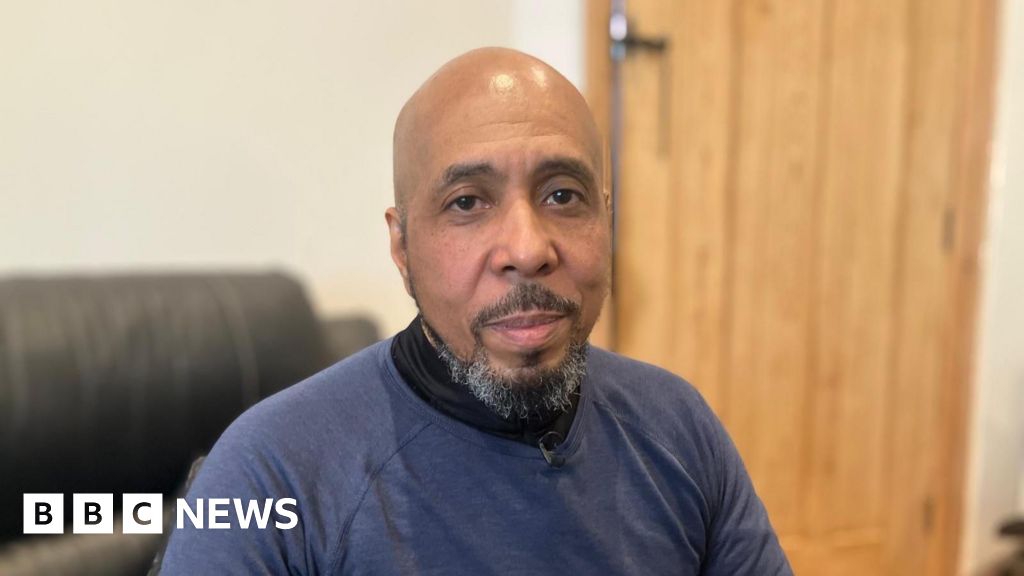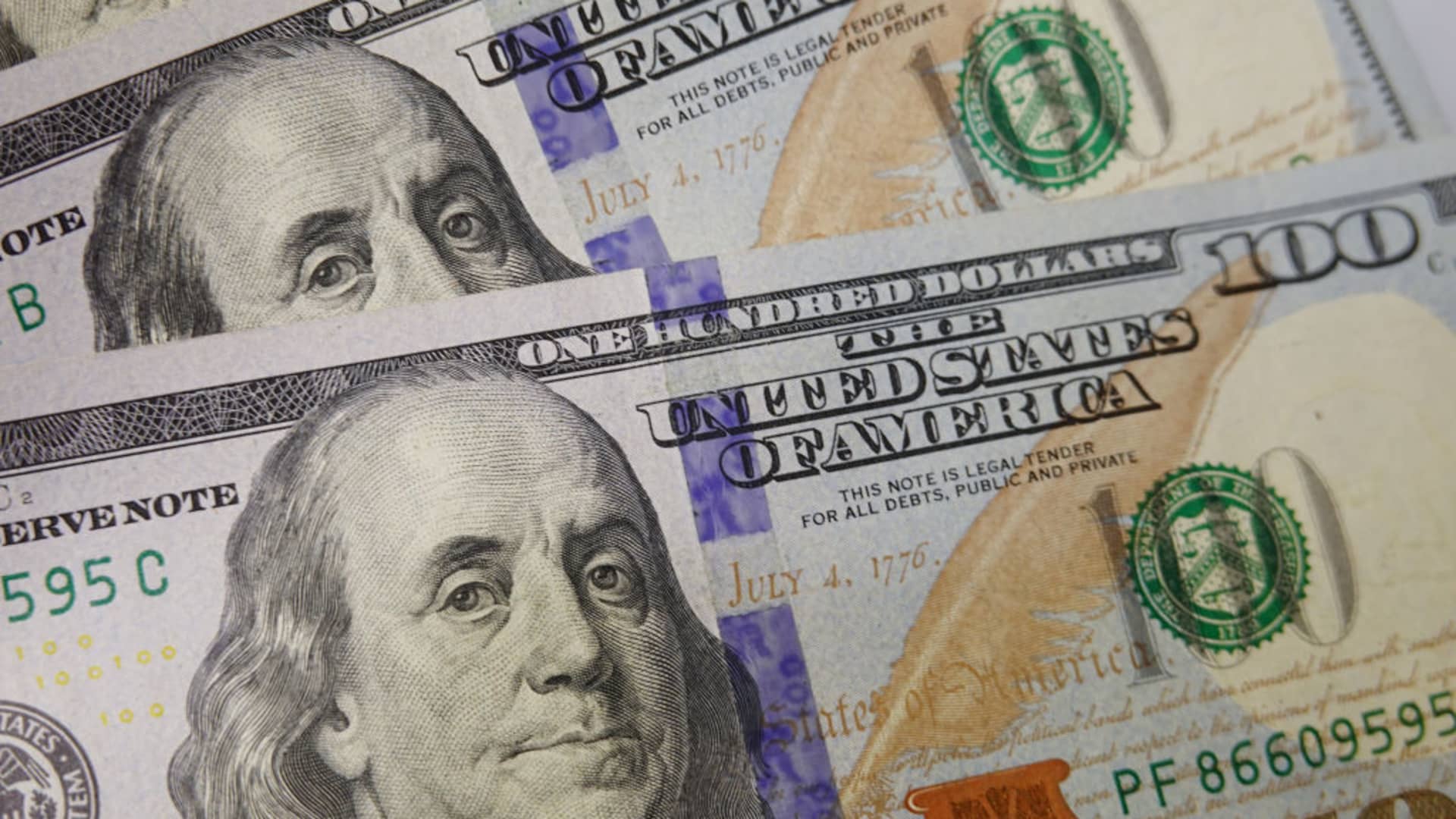Businesses that relied on “free and infinite capital” are now facing a harsh reality, according to fund manager Trent Masters, and could even go bankrupt. During the Covid years of 2020-2021 — when central banks and governments pumped money into global economies — some company valuations “got way out of shape,” according to Masters, from Alphinity Investment Management. “But there were some businesses that were really underpinned by basically that free and infinite capital … Businesses that were fairly capital intensive, and never had to worry about where that next dollar was coming. But now they really do,” he told CNBC. Carvana One company that falls into this category is online car dealer Carvana , Masters told CNBC Pro Talks . He noted that Carvana’s business model of physically holding cars comes with a significant capital cost. This was manageable when car prices were rising and cheap credit was abundant, but it’s become difficult for the online car dealer now these conditions have reversed, Masters said. “It’s fine when the car prices are going up, and the capital to hold those cars is quite cheap, but it can unwind in a hurry when that does go the other way,” said Masters, whose team manages 4 billion Australian dollars ($2.8 billion) in assets. Shares of Carvana have plummeted by more than 95% over the past year. Concerns over the future of the company grew after its largest creditors signed a deal binding them to act together in negotiations with the car retailer in December. CVNA 1Y line Shares of Carvana have fallen by more than 95% in the past year According to a consensus of analysts’ estimates compiled by FactSet, Carvana’s shares are expected to fall by 6.6% over the next 12 months to $7.5 a share. They were trading around $7.49 Friday morning. Piper Sandler is one bank that has a more optimistic take on the stock, however, with its analysts expecting the stock to rise by 460% to $45 a share. Carvana did not respond to a request for comment from CNBC Pro. Affirm Masters also said that some buy now pay later (BNPL) companies, like consumer credit lender Affirm, were coming under strain in the current market conditions. “When it comes to BNPL, it really is that tip of the spear where [their customers] were getting filled with fairly free capital through all the stimulus programs,” said Masters. The U.S. federal government, for example, issued over $800 billion in payments to many American households in an effort to prop up the economy. This money has now mostly been spent. Masters also said the credit markets had stopped buying low-rated bonds issued by Affirm over the past year as interest rates had risen, further restricting the credit provider’s ability to lend and grow its business. “That was the kind of the business models that I’m talking about where the free and infinite capital not just underpinned the value and the growth, but it’s actually really essential to potentially the survival of those businesses,” Masters said. Shares of Affirm Holdings have fallen by more than 80% over the past year to $12 a share. The company was unable to respond to a request for comment from CNBC Pro due to the quiet period ahead of its earnings on Feb. 9. Not everyone is downbeat on Affirm, however. Mizuho Securities analysts led by Dan Dolev believe the stock can bounce back by 64% to $20 over the next 12 months. The analysts said, in a note to clients on Dec. 21, that the bond market’s appetite for buying Affirm’s bonds was “showing signs of improvement,” raising hopes of a turnaround in the company’s shares. The company’s total debt-to-equity ratio has also fallen to 156% for the year ending June 2022 from 204% recorded in the quarter ending June 2020. The ratio, expressed as a percentage, above 100% indicates a company carries more debt than equity. According to FactSet, the median price target by analysts covering the stock is $16 for Affirm, indicating an increase of 31% from its current share price. AFRM 1Y line Shares of credit lender Affirm have fallen by more than 80% in the past 12 month








